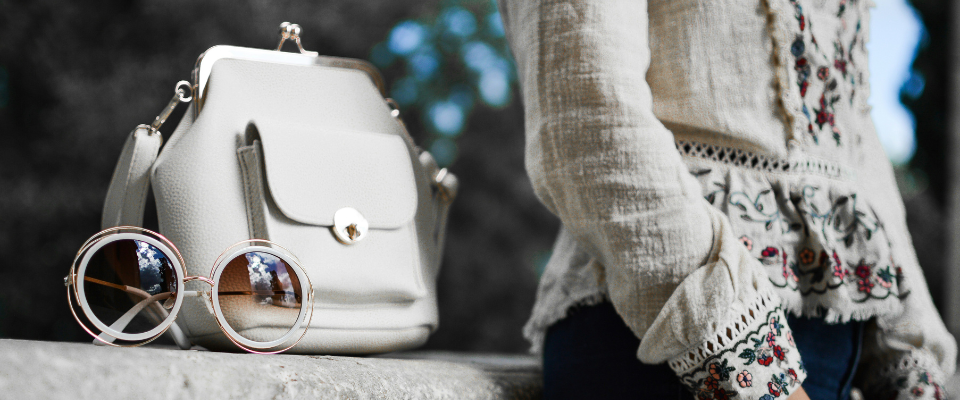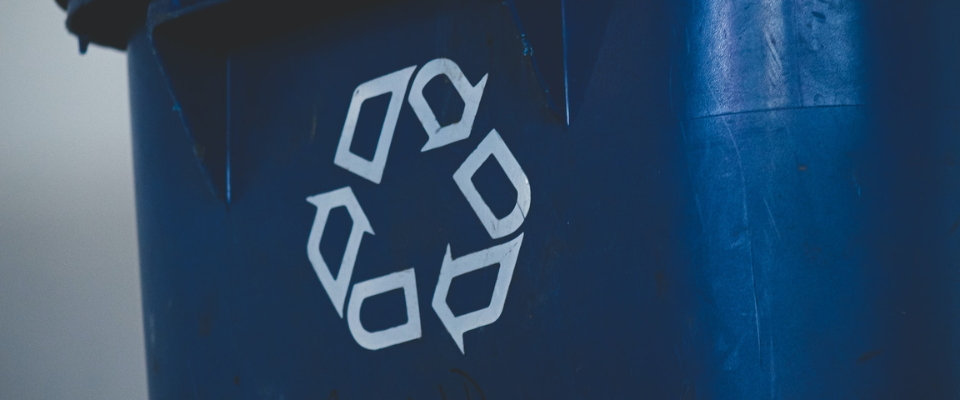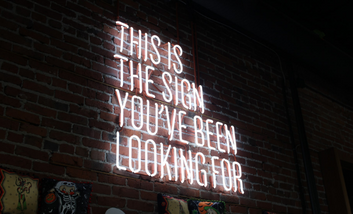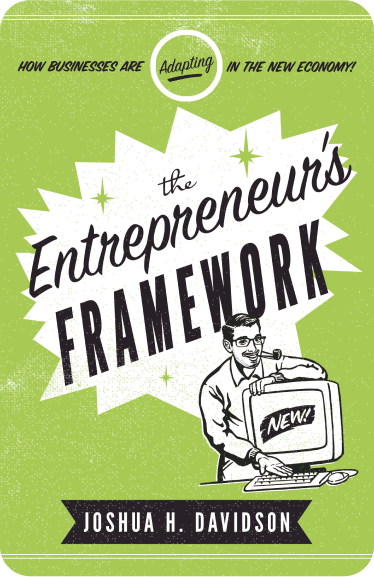As the year winds down, the tech industry in general is facing significant changes. Startups in all niches are feeling it, but still pushing forward. This is especially true when it comes to fashion tech startups.
Economic fears have caused a lot of investors to invest more cautiously, or not at all, which takes a big toll on an industry that so heavily relies on venture capital. However, that has not stopped innovative startups from pushing the envelope.
Let’s take a look at what fashion tech startups have been doing in 2022!
What Exactly Is Fashion Tech?
When it comes to industries traditionally deemed more creative, many may wonder how exactly tech can blend with them.
However, when it comes to fashion especially, it is important to remember that it extends far beyonf esoteric runway looks and TikTok microtrends.
The fashion industry is worth more than $300 billion in the US and $1 trillion globally. It involves a complex system of production, distribution, marketing, and consumer interactions.
So, what exactly is Fashion Tech? According to Future Learn:
Fashion technology is essentially any innovative tech that creates contemporary tools for the industry, whether they improve fashion production or consumption. It might be used by designers, manufacturers, retailers and customers, depending on the purpose of the particular technology.
This technology is especially important when it comes to addressing fashion production, which is has many problems in general. This includes things like human rights violations in sweat shops and a large negative environmental impact.
However, fashion tech startups address a wide range of concerns across all aspects of this powerful industry, which is only expected to grow over time.
The Fabricant
Amsterdam-based fashion tech startup The Fabricant aims to revolutionize the fashion industry. Per their site, their mission is to:
Build a new fashion industry where everyone participates and profits.
The Fabricant was created by Adriana Hoppenbrouwer, Amber Jae Slooten, and Kerry Murphy. Its partners include Vogue, the Sandbox, and Decentraland.
Their goal is to create digital-only clothing with a thriving community around it that is zero-physical-waste and NFT-based. Their business model is digital-only.
Via The Fabricant, NFT holders can create, trade, and virtually wear digital fashion collections. All profits are split by the community. The Fabricant’s goal is to virtually dress 100 million people by 2025.
FARFETCH

FARFETCH is a data-driven global online fashion retailer founded by Jose Neves. This is one of the most successful fashion startups to date. According to their site, this is their mission:
FARFETCH exists for the love of fashion. We believe in empowering individuality. Our mission is to be the global platform for luxury fashion, connecting creators, curators and consumers.
FARFETCH has been a hit amongst influencers, leading with an incredibly sleek and modern aesthetic. While UK based, it is also available in many countries, giving the global luxury community increased access to a wider range of ‘cool’ brands.
So far, the site has raised $194 million in funding from investors such as Yuri Milner and Condé Nast International. The brand’s valuation also topped $1 billion in March 2022 after the latest round of funding.
Labfresh: Cornering Sustainability in Fashion Tech Startups
Labfresh offers smart t-shirts that were designed in Switzerland, produced in Portugal, and designed in Amsterdam. Their goal is to reduce overconsumption and fashion industry waste by offering t-shirts that are stain and odor resistant.
Currently, a big problem in the fashion industry, especially fast fashion, is the waste it produces. This happens because many fast fashion companies produce low-quality clothing only meant to be worn a few times before it is thrown away and replaced.
Many of these clothing pieces are made of polyester or plastics, which can last centuries in landfills or never break down at all. This has led to landfills full of clothing that was only worn once or twice.
This has staggering environmental impacts. According to the BBC:
Around 85% of all textiles thrown away in the US – roughly 13 million tonnes in 2017 – are either dumped into landfill or burned. The average American has been estimated to throw away around 37kg of clothes every year. And globally, an estimated 92 million tonnes of textiles waste is created each year and the equivalent to a rubbish truck full of clothes ends up on landfill sites every second. By 2030, we are expected as a whole to be discarding more than 134 million tonnes of textiles a year.
Labfresh, a fashion startup founded by Kasper Brandi Petersen and Lotte Vink aims to address this issue by producing clothing that is meant to last and be biodegradable when it finally wears out, rather than end up in a landfill for centuries.
According to Silicon Canals:
The smart T-shirt repels all water-based liquids, like red wine and ketchup. In addition, it has a moisture-wicking technology, which ensures that sweat is absorbed and spread out over the fabric so it can dry quickly while not being externally visible.
Genostyle
Genostlye is a New York-based fashion styling analytics startup. The startup was founded by Veronica Cabezas and Ricardo Cuervo. It aims to solve the product recommendation problem for retailers and consumers. Genostyle applies machine learning to the shopping process.
Genostyle examined 5 million products and 6,500 brands and has designed a new taxonomy to categorize them based on 15 different so-called “style genomes.”
Customers who use the platform receive a style code that lets them know how close they are to achieving their desired style. At the same time, fashion retailers can access this data to target them with more personalized and accurate offers.
Genostyle can also assess the complete stock that a retailer carries. It lets them know what sells most and least, so they can optimize their stock for maximum profit. The platform accomplishes this with Style AI APIs, StylSight BI SaaS, and Style Intelligence.
The startup describes what they offer:
“Fashion artificial intelligence and data analytics solutions to measure style (your shoppers, your brands, your competitors), diagnose performance, and drive results.”
Good On You

This London-based fashion startup was founded by Gordon Renouf.
Their slogan is: Look Good. Do Good. Feel Good.
Good On You solves the problem of lack of transparency in the fashion industry. Many consumers want to shop more sustainably, but doing so can be difficult.
For one, there are countless brands and companies out there. The majority of people simply do not have the time to extensively research every purchase they make.
For another, many companies are not transparent about their practices. So, even if consumers want to do their due diligence, they can’t always do that. This is where Good On You come in. The company describes itself in this way:
Good On You ratings technology powers the sustainable shopping experience for major e-commerce players, including Microsoft and FARFETCH, whose Conscious Edit sales grew 1.8x faster than the rest of their marketplace in 2021. Our ratings capture the inherent complexity in sustainability—analysing brands based on 500+ data points across 100 key issues. For millions of busy shoppers, our user-friendly scores make that information instantly accessible.
Good On You is available as a mobile app, making it easy for users around the world.
Final Thoughts on Fashion Tech Startups
As you can see, fashion tech startups do a wide variety of work. This includes marketing, selling, fabrication, and even pushing the boundaries with NFT-based virtual fashion communities.
This is a fascinating sector that is continuing to flourish, even amongst fears of economic instability. This makes a lot of sense, as, regardless of the global economic environment, clothing is a basic necessity.
Even if many people buy less clothing, everyone still needs it. Also, in the modern technological era, there are a lot of questions surrounding both the basic processes of the fashion industry and the consumer journey.
How and what companies sell is changing. What exactly consumers want and how they want to discover their purchases have also changed. On every level, the fashion industry is rapidly shifting.
Many consumers are demanding a more ethical approach from businesses as well. The fashion industry as it traditionally operates is full of ethical and environmental problems. All of these factors make the industry ripe for the disruption of fashion tech startups.
What do you think? Comment below.
Since 2009, we have helped create 400+ next-generation apps for startups, Fortune 500s, growing businesses, and non-profits from around the globe. Think Partner, Not Agency.
Find us on social #MakeItAppn®

















